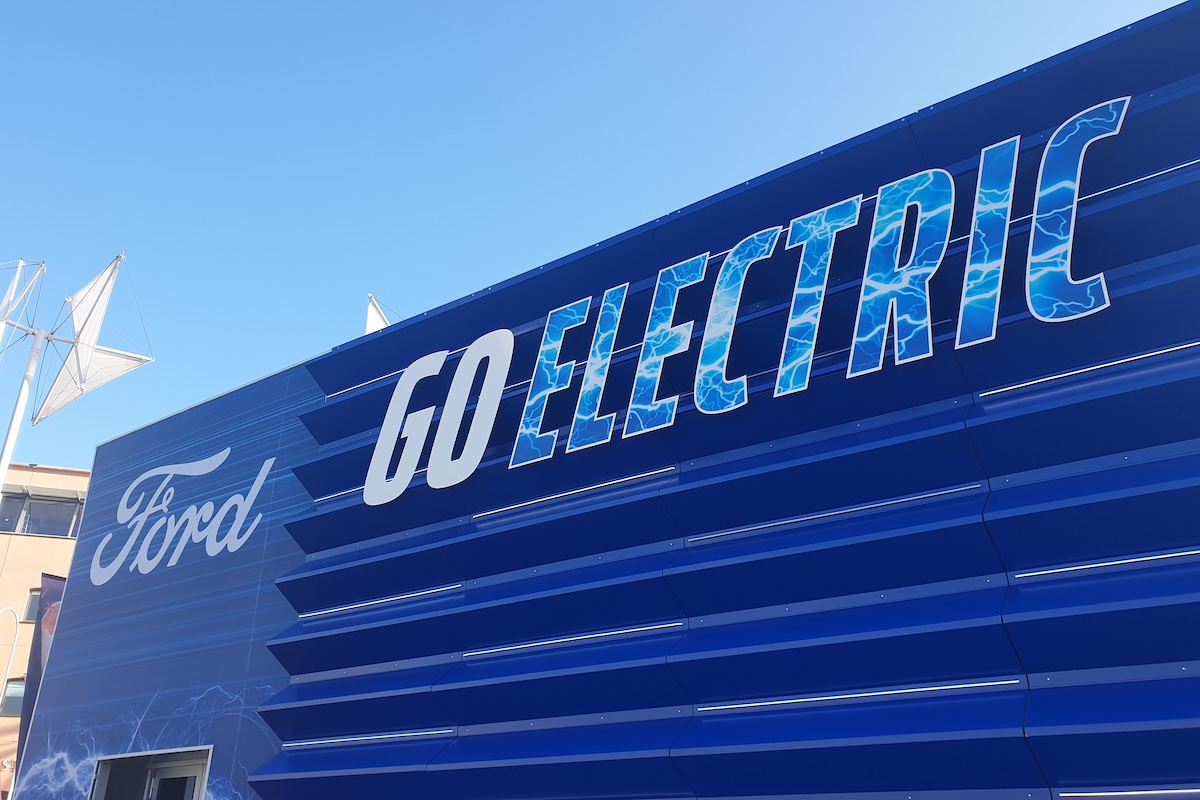
Ford Motor Company (F) has spent years trying to carve out a meaningful spot in the electric vehicle race. Despite its iconic name and a $30 billion commitment to EVs by 2025, the automaker’s big electric bet has yet to pay off.
Back in 2021, Ford projected that 40% of its global sales would be all-electric by 2030. It launched the Mustang Mach-E, which quickly made up 70% of its EV sales, and rolled out the electric F-150 Lightning, securing 70,000 reservations almost overnight.
CEO Jim Farley called it “our biggest opportunity for growth and value creation since Henry Ford started to scale the Model T.” Four years later, the reality is different.
In its latest quarter, Ford’s EV division racked up a $1.3 billion loss. Sales of both the Mach-E and Lightning declined, falling well short of the grand ambitions pitched to investors.
A 'big day' on the horizon
Despite the disappointing numbers, Farley is still talking big. On Ford’s most recent earnings call, he teased an August 11 announcement that he says will mark a turning point.
“We will be in Kentucky to share more about our plans to design and build a breakthrough electric vehicle and a platform in the U.S.,” Farley said.
Calling it another “Model T moment,” he promised a new family of vehicles with “incredible technology, efficiency, space and features.”
Even with slowing sales, Ford’s EVs aren’t entirely off the radar. Both the Mustang Mach-E and F-150 Lightning rank among the top 10 U.S. EVs so far in 2025, with the Mustang breaking into the top five.
And according to EV Intelligence, 41% of consumers view Ford’s EV lineup positivelym though 13% have a negative view, tying Ford with GMC and Kia for second-worst sentiment.
Tesla tops the negativity chart at 39%, a figure likely tied more to Elon Musk than the cars themselves.
New hurdles, secret weapons
Ford’s EV challenge is about to get tougher. President Trump’s Big Beautiful Bill scrapped the $7,500 federal tax credit that helped make EVs less painful for buyers’ wallets.
But Ford has been quietly building a lower-cost EV platform, poaching engineers from Tesla, Apple, and Rivian, as TechCrunch reported.
Whether that project will surface during the August 11 reveal remains unknown, but even optimistically, its first budget EV isn’t expected to hit the market until 2027.
That gives Ford time to stage its own Model T moment — or, just as easily, stumble into another Edsel moment.
Your email address will not be published. Required fields are markedmarked